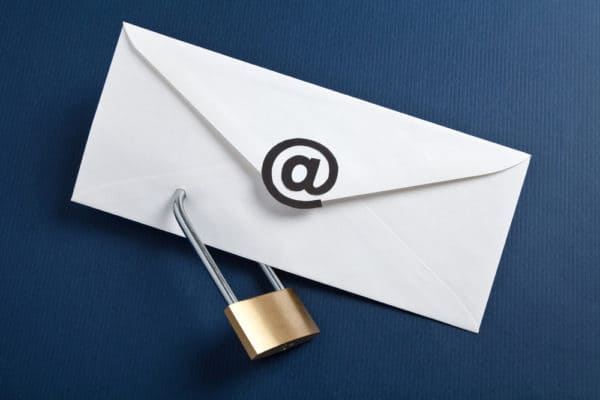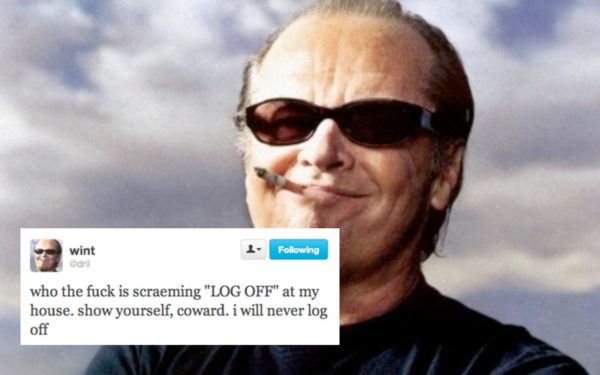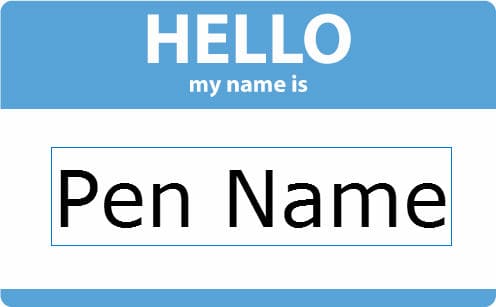How to Avoid Getting Doxxed
Linda Preston, American Renaissance, December 17, 2019

First: There is absolutely no foolproof way to avoid being doxxed. No matter how careful you are, it can always happen. Robert Hampton recently wrote, “Someone could overhear you discussing demographics in a restaurant and decide to turn it into a viral shaming moment. A supposed friend could report your frog Twitter account to the SPLC. A sibling could report you to the FBI after an argument.”
You never know.
However, you don’t have to make it easy for them.
If you send an email, the person who receives it will have it forever. Think about that every time you compose a message. A good rule is to wait 24 hours after writing anything before you hit “send,” especially if you are sharing links to dissident websites.
Let me be clear: Media smear, employers fire, and antifa attack people because of leaked emails. They may be emails from years ago. You may not remember sending them. It may have been a joke.
It doesn’t matter.
One way to prevent emails from coming back to haunt you is Privnote.com. It’s a free website that lets you write a message which is then shared through a link. When that link is clicked by the receiving party, it opens a new window that displays the message. The link works only once. Of course, the person who reads your note may be offended by it and could copy the text — but the recipient can’t prove you sent it.

Regardless, be wary of email. Ask yourself if you really need to write. Could it you bring it up in person later? Could you call instead? Both of those things are much more secure.
Texting
Texts are like emails: They hang around for a long time. Use them sparingly. Don’t send links. The best thing you can do is get on Telegram. It is a messaging app that lets you delete messages, not just on your end, but for the other person as well. Signal is also good. You can set messages to disappear regularly in whatever amount of time you choose. WhatsApp is superficially similar to these two apps, but much less secure.
Many people have Twitter accounts under fake names so they can post, discuss, and troll freely. That’s fine, but there are people watching. Those people will do everything in their power to expose “racists.”
Organizations like the Southern Poverty Law Center, the Anti-Defamation League, and others have large staffs whose jobs are to “monitor” dissidents and get them in trouble. There are also plenty of antifa who have nothing better to do than be volunteer hall monitors.
Many Twitter users have been doxxed because they tweeted revealing details about themselves. Their opponents collected those personal asides and connected the dots. Do not assume you are the exception. They are watching you.

Instead of saying, “Great day with my youngest daughter at her school performance — boy does she have her mother’s musical talent!” Say: “Great day with the family, good company, good music, and good food.”
Instead of, “Today marks seven years of blissful marriage, every day has been a blessing.” Say: “Every day is a reminder of how blessed I am to be with my spouse, but that was especially true today.”
Antifa and professional “anti-racists” can, do, and have gone through county and state records of births and marriage certificates to reveal who is behind a Twitter account. They’ve done this repeatedly.
Do not tweet out original photos. Your dog might be cute, but is proving that to the world worth the risk of being doxxed? Indeed, ask this before tweeting out anything personal. Is this really worth being doxxed over?
Social media
The less social media you have, the better. All your social media accounts should have their privacy settings set to the absolute most protected and private setting possible. Be judicious about who you “friend” or let follow you. Sure, the girl in your art history class might be cute and friendly, but you have only talked to her twice. What do you know about her? If the answer is “not much,” why take the risk?
People can, do, and have taken screenshots of Facebook posts and shown them to employers to get thought criminals fired. You’re not missing out by deleting social media accounts. Social media tends to make people feel anxious and lonely anyway.
Talking to complete strangers face-to-face at bars, bus-stops, and Burger Kings is safer than letting an acquaintance access every post you’ve ever put up on Facebook, Instagram, or other platforms. An opponent usually can’t prove that you said something. They can prove you wrote something on Facebook, and they will.
I recommend being apolitical on any social media accounts you have under your real name. Your cousins and high school buddies do not care about your thoughts on immigration. Express your opinions on Twitter with a fake name after following the guidelines above. Instead of pestering your family and friends with political diatribes, post pictures of your pets, workout gear, or outdoor adventures. Discussing politics on Facebook isn’t productive and it’s not much fun.
Writing

If you are going to write, pick a pen name ahead of time, and then set up an encrypted email account under that name. Two good (and free) secure email providers are Proton Mail and Tutanota. Do not submit things to editors through your personal, work, or college email and say, “Oh and my pen name is xxxxxxx.” Editors can learn your real name if they want to pay you. Otherwise, there’s no need to tell them.
Some people should have multiple pen names. The idea is to have revealing information about you spread across multiple online personalities. If you are fluent in Finnish, taught English in Mexico, and knocked on doors for Scott Brown’s 2012 senatorial campaign, you don’t want one name associated with all those things. Why? It would just take one doxxer to go through your archived work and figure out who you are. Use one name to address Finnish topics, another name to talk about your time in Latin America, and another to share insider scoops about the campaign. Have a separate encrypted email account for each name.
I practice what I preach. This name, Linda Preston, was created specifically because I attended and wrote about an “anti-hate” gathering with several big attendees, including Heidi Beirich of the SPLC. I knew I would be seen. I didn’t know who might remember me. I registered under a fake name (using a fake email) which wasn’t associated with anything else. I then created a new name to write about it. Paranoid? Maybe, but I have not been doxxed.
Think hard about your names as well. Do not use your middle name and your mother’s maiden name. Do not use your great-grandfather’s full name. If your name is “Stephen de Concé,” do not start writing as “Stevie Conce.” To belabor a point: People are watching you. Choose a name that is not obviously fake, and one that is at least somewhat generic. Before you settle on a name, Google it first and see what pops up. For example: Gilbert Cavanaugh is a terrible pen name — it is very unique and sounds fake, or at least old. Chris Roberts is an excellent one.
In-person gatherings
Meeting people offline is very rewarding and very dangerous. There are serious limits to what you can do to protect yourself in these situations. How you handle that risk, and how often, is a very personal choice. Be very careful. Try to reveal as little about yourself as possible: where you work, where you went/go to school, where you grew up, etc. Do not use your real name or a pen name. Bring lots of cash so bartenders and waitresses cannot accidentally say your full name in front of unknown parties — that can, will, and has happened.
In sum
Be smart, be paranoid, and be careful. Avoid written communication whenever possible. Don’t write when you can speak, don’t speak when you can nod.
Don’t assume you’re in a free country.
You aren’t.















